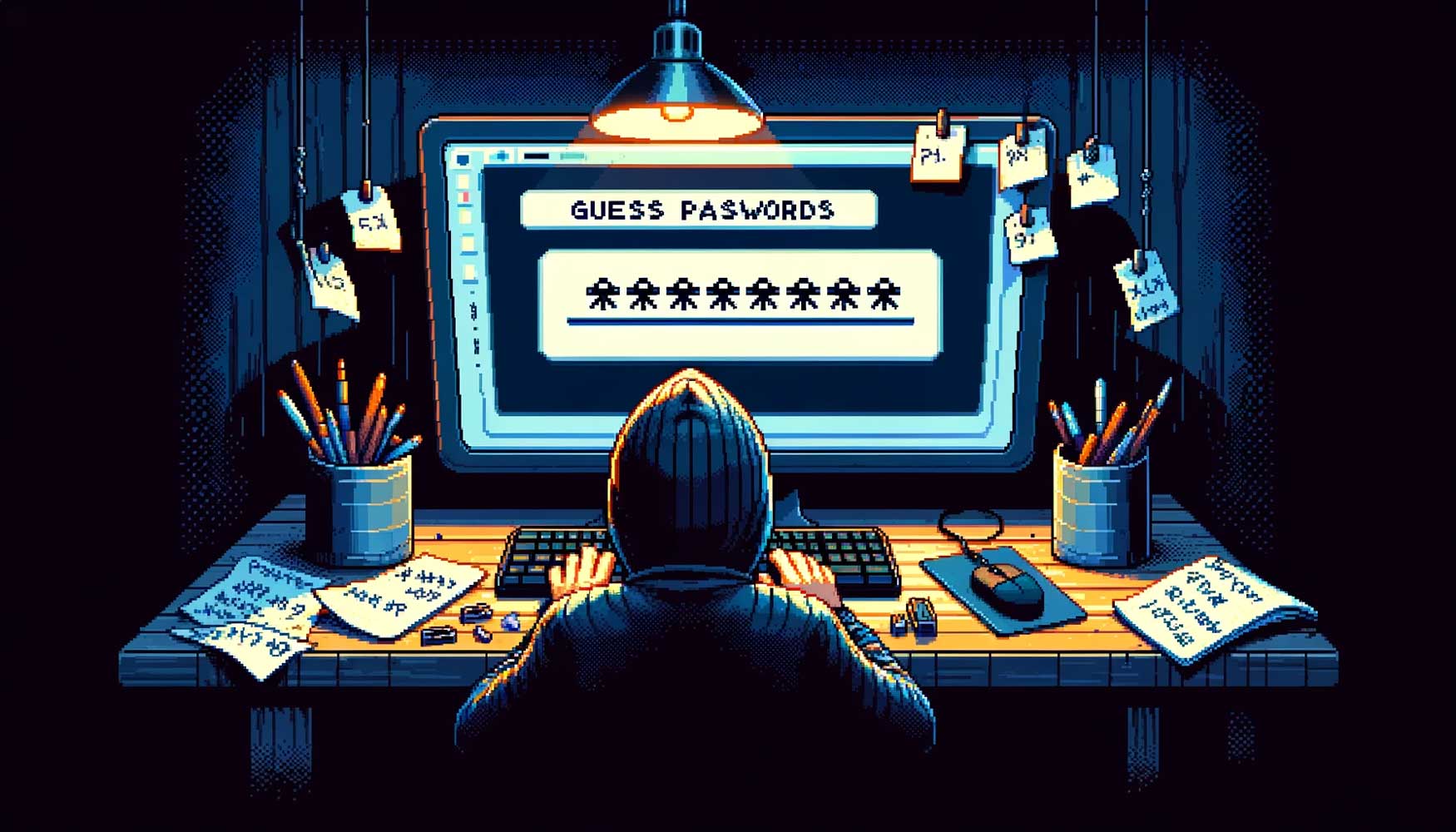In today’s interconnected digital world, safeguarding our personal information is paramount. While tech expertise may seem like a prerequisite, even novice users can implement straightforward and effective measures to protect their digital life. Let’s unravel essential IT security practices that are easy to incorporate into your daily routine.
Strong, Unique Passwords: Your First Line of Defense
Think of passwords as the gatekeepers of your digital realm. Just as you wouldn’t use the same key for every lock, diversifying your passwords is crucial. Here’s how to create strong, unique passwords that defy easy access:
- Uniqueness: Crafting long, random combinations of letters, numbers, and symbols ensures your passwords are resistant to brute-force attacks.
- Avoid the Obvious: Steer clear of easily guessable passwords like “123456” or “password.” Their predictability makes them prime targets for cyberattacks.
- Password Managers: Embrace password managers, tools that securely store and generate complex passwords, liberating you from memorizing endless combinations.
- Make It Hard to Guess: With the advent of generative AI, even simple passwords can be vulnerable. Employ Passkeys, a passwordless authentication method, for enhanced security.
- Use Passkeys: Passkeys replace your passwords – and you don’t need to remember anything.
Two-Factor Authentication: An Extra Layer of Security
Two-factor authentication (2FA) elevates your security by introducing an additional layer beyond your password. Typically, it demands something you know (your password) and something you have (a code sent to your phone). Enabling 2FA across your accounts significantly reduces the risk of unauthorized access.
Regular Software Updates: Closing the Doors to Attackers
Software updates can be annoying, but they’re crucial for security. They often include patches for security vulnerabilities that attackers exploit. Make sure your operating system and applications are up to date.
Beware of Phishing Scams: Don’t Take the Bait
Phishing scams are deceptive attempts to acquire sensitive information by disguising as trustworthy entities in emails or messages. Remain vigilant:
- Verify Sender: Scrutinize sender email addresses and URLs for irregularities.
- Avoid Suspicious Links: If an offer seems too good to be true, it probably is. Avoid clicking on suspicious links.
- Legitimate Entities Don’t Request Sensitive Information Via Email: Legitimate organizations will never ask for sensitive information through email.
Regular Backups: Don’t Lose Your Digital Life
Regular data backups are your insurance against losing precious digital assets. Whether it’s photos, documents, or emails, having backups ensures you don’t face the devastating loss of your digital life in case of device loss, theft, or compromise.
Stay Informed: Knowledge is Power
Keeping abreast of the latest cybersecurity threats is your key to staying ahead of the game. Follow trusted IT security blogs, subscribe to newsletters, or attend webinars to stay informed and safeguard your digital presence.
Remember, in the world of IT security, knowledge and a few simple actions can significantly enhance your digital protection. Stay vigilant, stay informed, and stay safe online.







